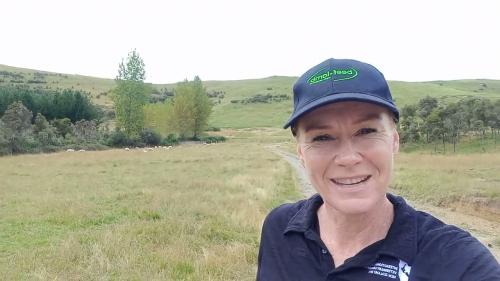Search results
Displaying 31 - 40 results of 120
- Video… Wormwise programme Manager Ginny Dodunski …
- PageThe more you know about how worms live and breed, the easier it is to mitigate the harm they cause. Here we look at the stages of the worm life cycle – there are ways our management can interrupt …
- PageDoes rotational grazing help reduce the number of worms on pasture? Does grazing sheep and cattle together help manage worms? How long do I need to wait for worm larvae numbers to drop before grazing …
- Video… Waikato Wormwise facilitator Emma Poole talks about …
- Resource book… 102042 5beef lamb new zealand hearing from wormwises ginny dodunski wairarapa group … meet strict testing standards visit wormwise beeflambnzcomwormwise scan code follow wormwise facebook …
- Video… Wormwise programme Manager Ginny Dodunski …
- News… Dr Ginny Dodunski, Beef + Lamb New Zealand’s Wormwise Programme Manager offers timely …
- Factsheetdrench resistance common increasing all drench families combinations poses risk viability some farming systems farm systems where stock policies management strategies reduce worm challenge also less …
- NewsIn a normal year, lambs do not require a drench at docking/tailing and a routine drench at this time may not be generating as much value as farmers might …





